By Cogitare —
How important is it to remember history? It can be a guide or a nudge for our behavior. For seven years during the Revolutionary War, soldiers and officers served and fought and died. In most cases they had hopes of getting paid, in some they were paid late, and in many cases they were never paid, nor were their widows.
When we were children in the middle twentieth century, we remember, although most of our memories from then are vague, government employment was kind of a last resort. If you could not function well in the private sector there was at least some comfort and a sense of security in working for the government. Admittedly there were then as now, many government employees who were dedicated, talented and very productive people. The pay was not so good but the satisfaction of public service was a factor. Others were there for a safe simple life.
With the astronomical growth of government and the strength of the government employee unions we now have a whole different world. Government pay is higher in many instances than similar jobs in the private sector. And mostly you cannot get fired.
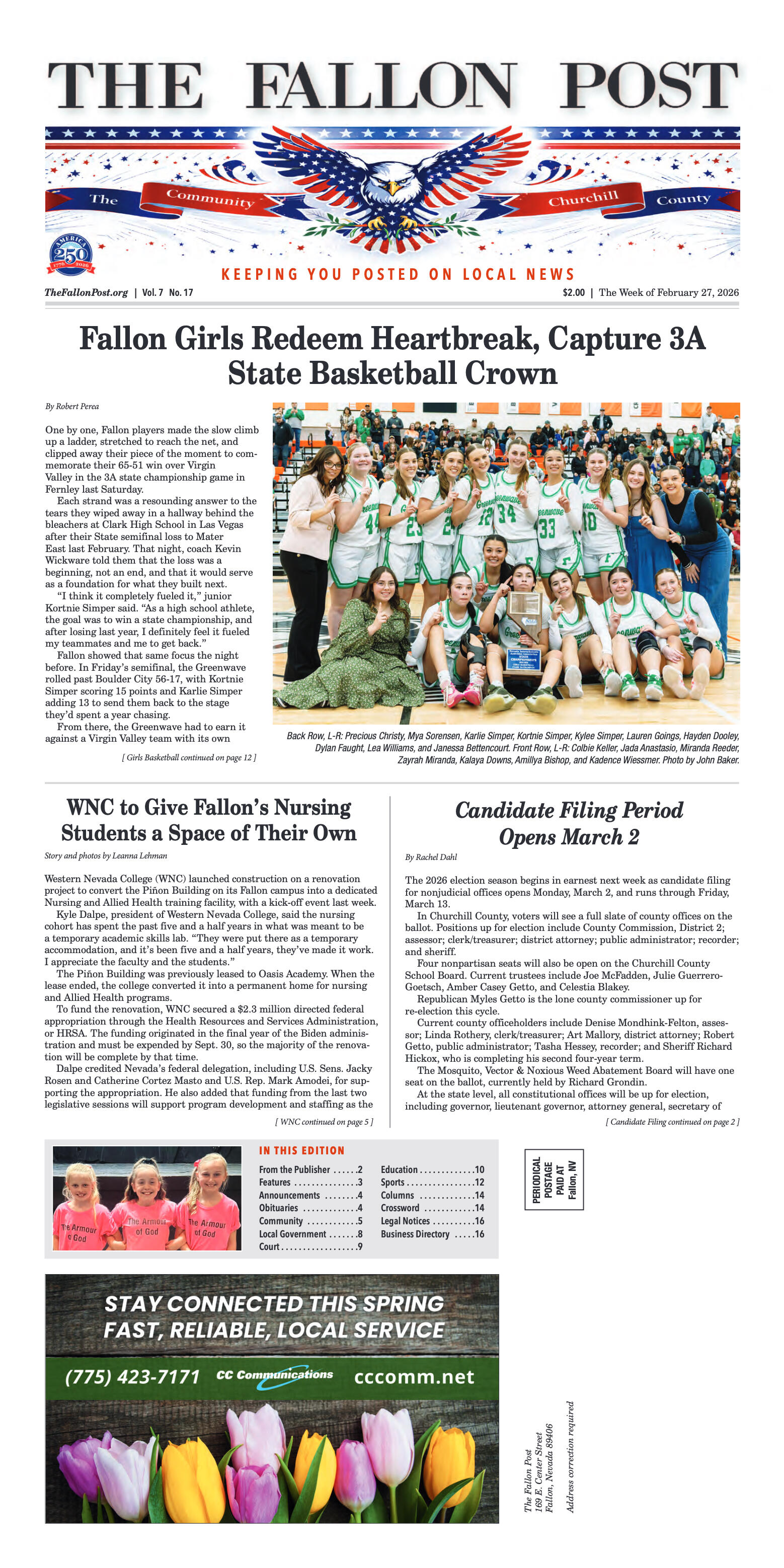
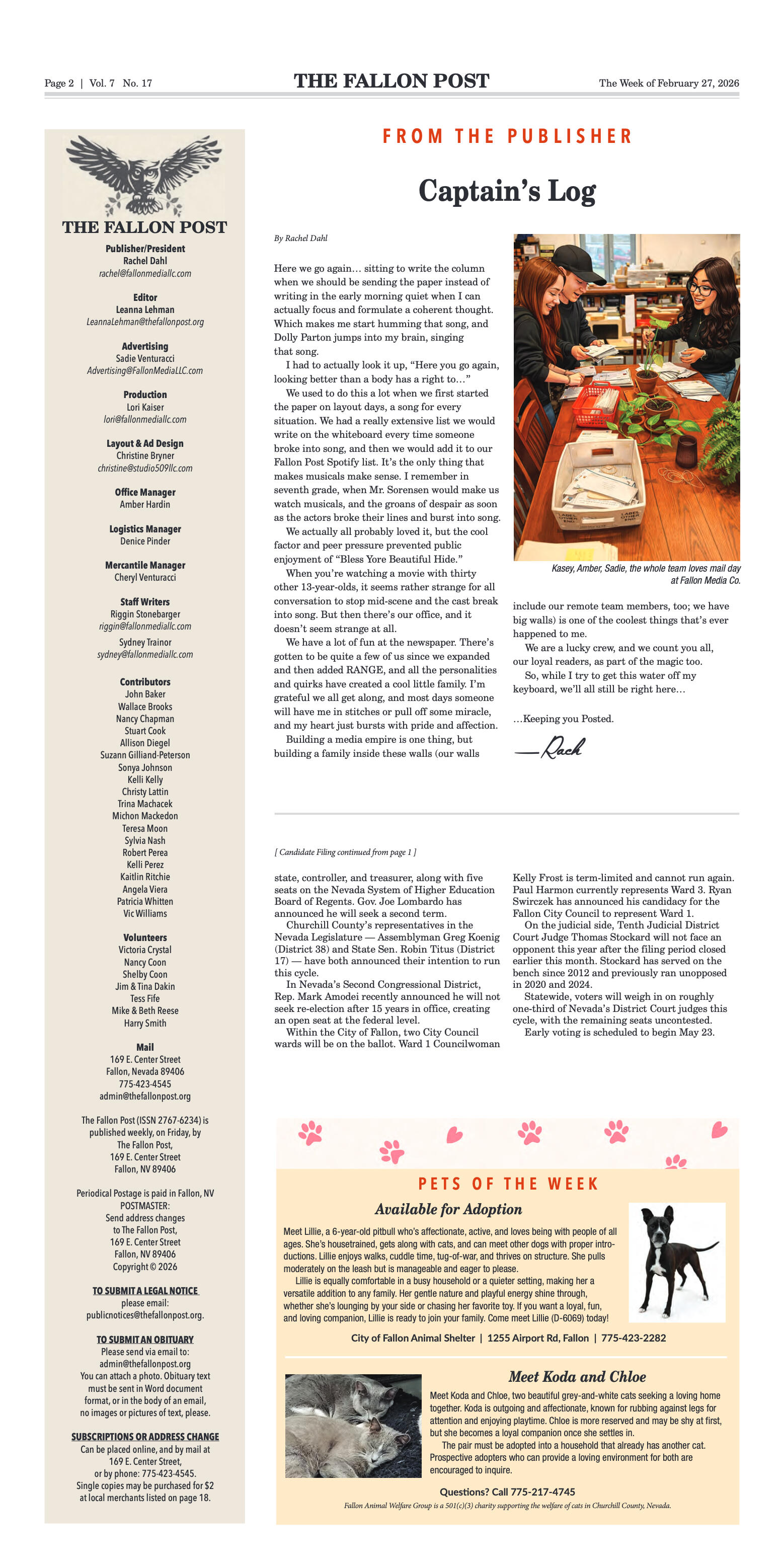
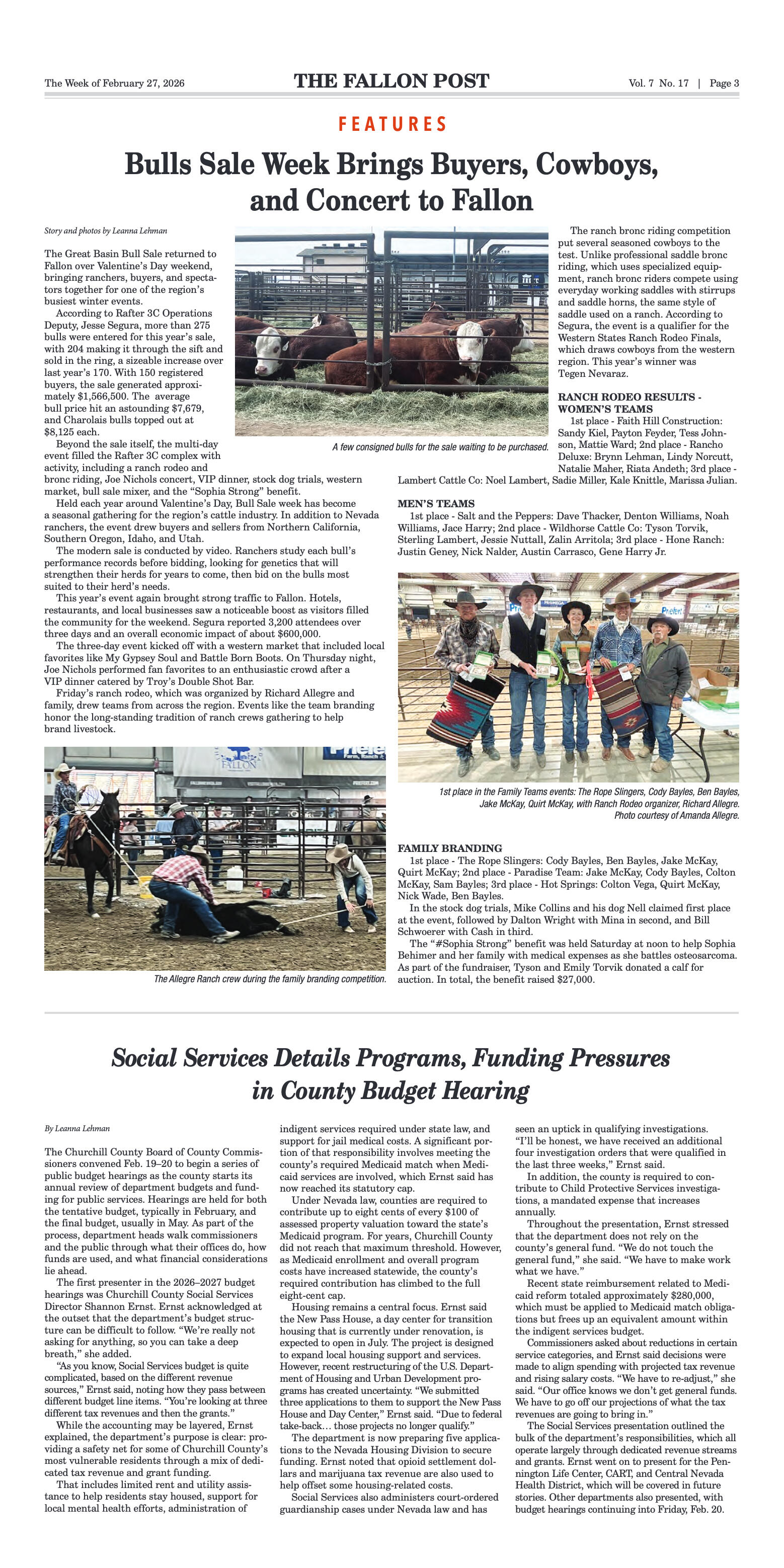
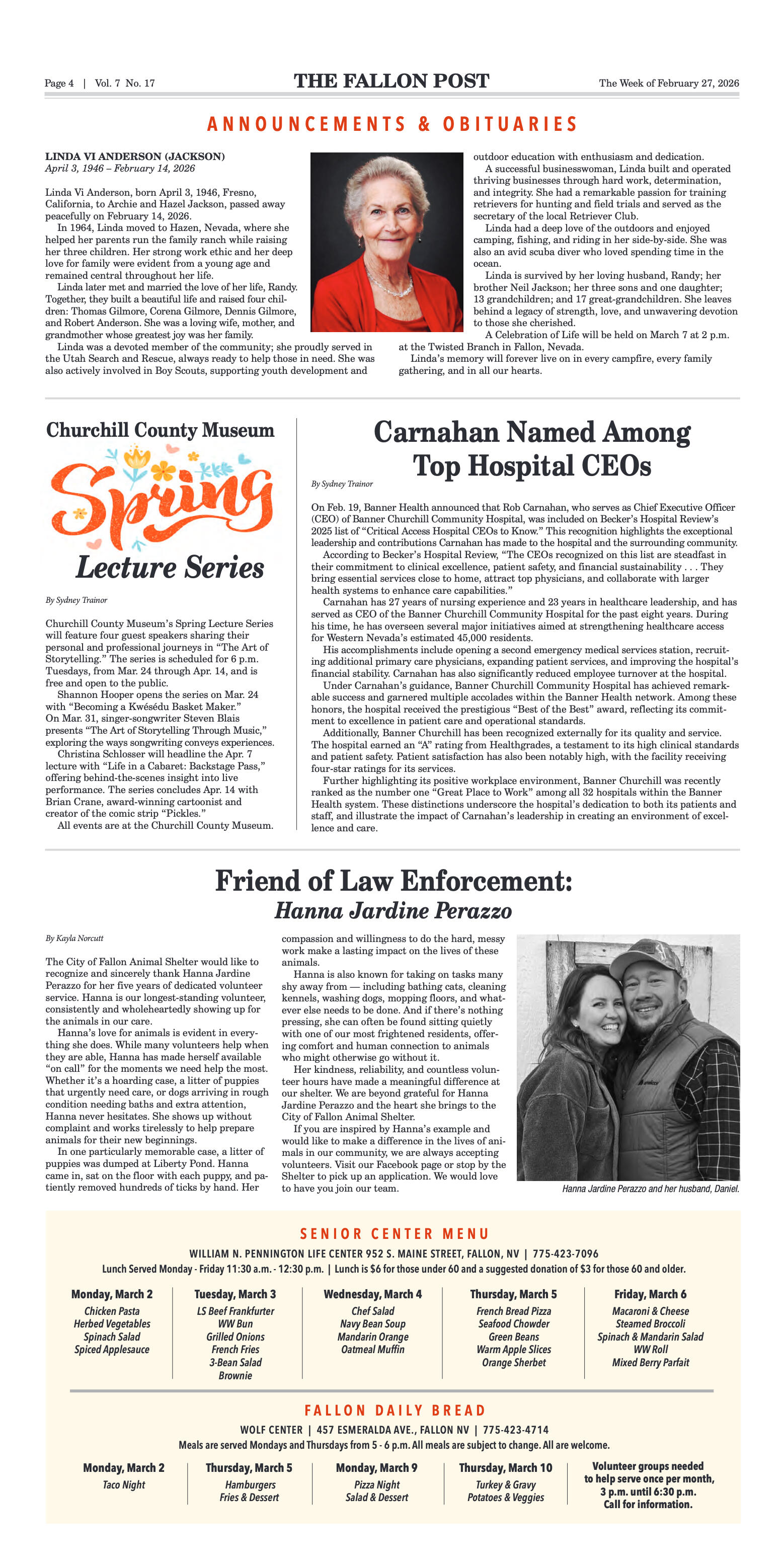
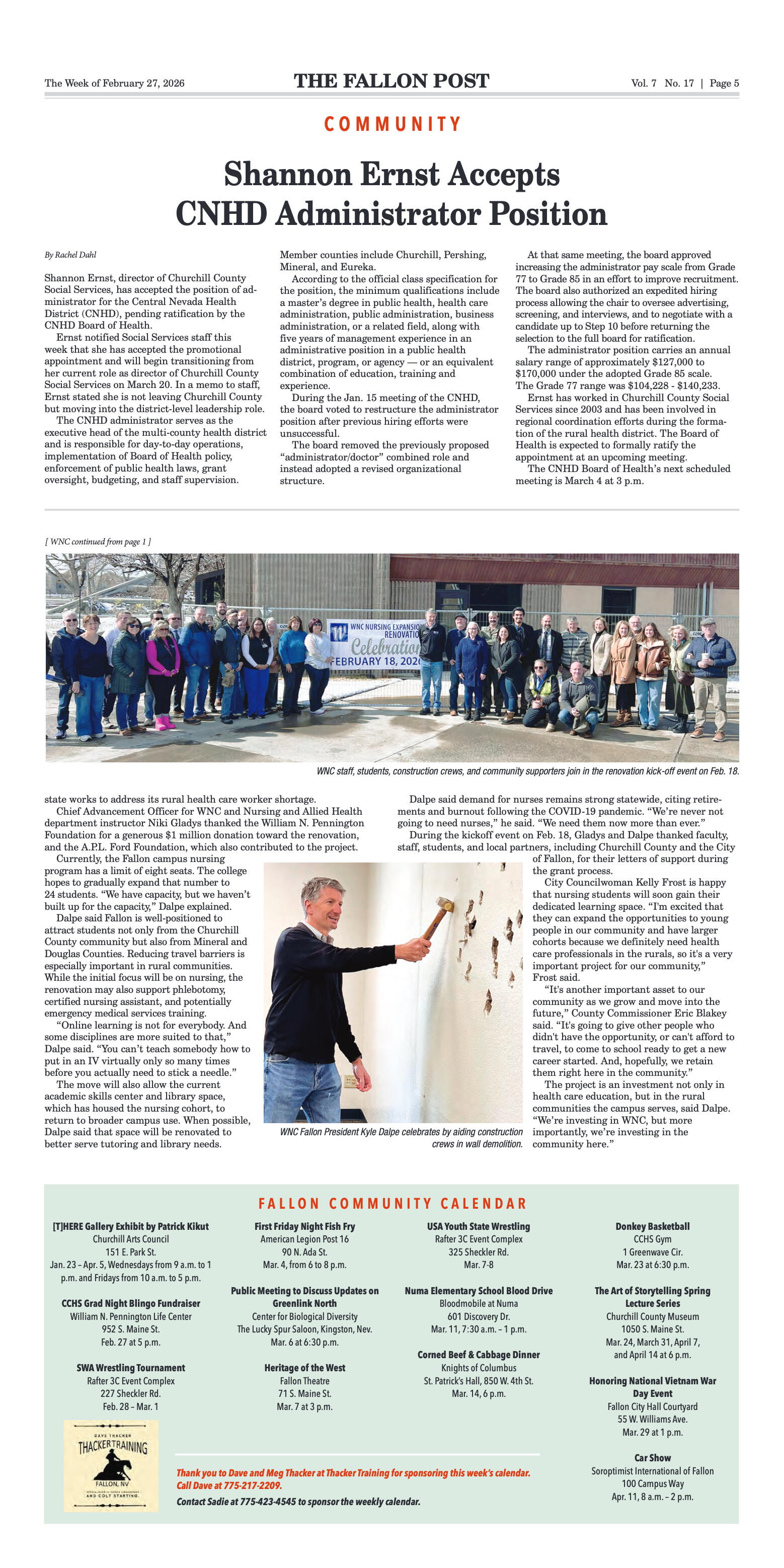


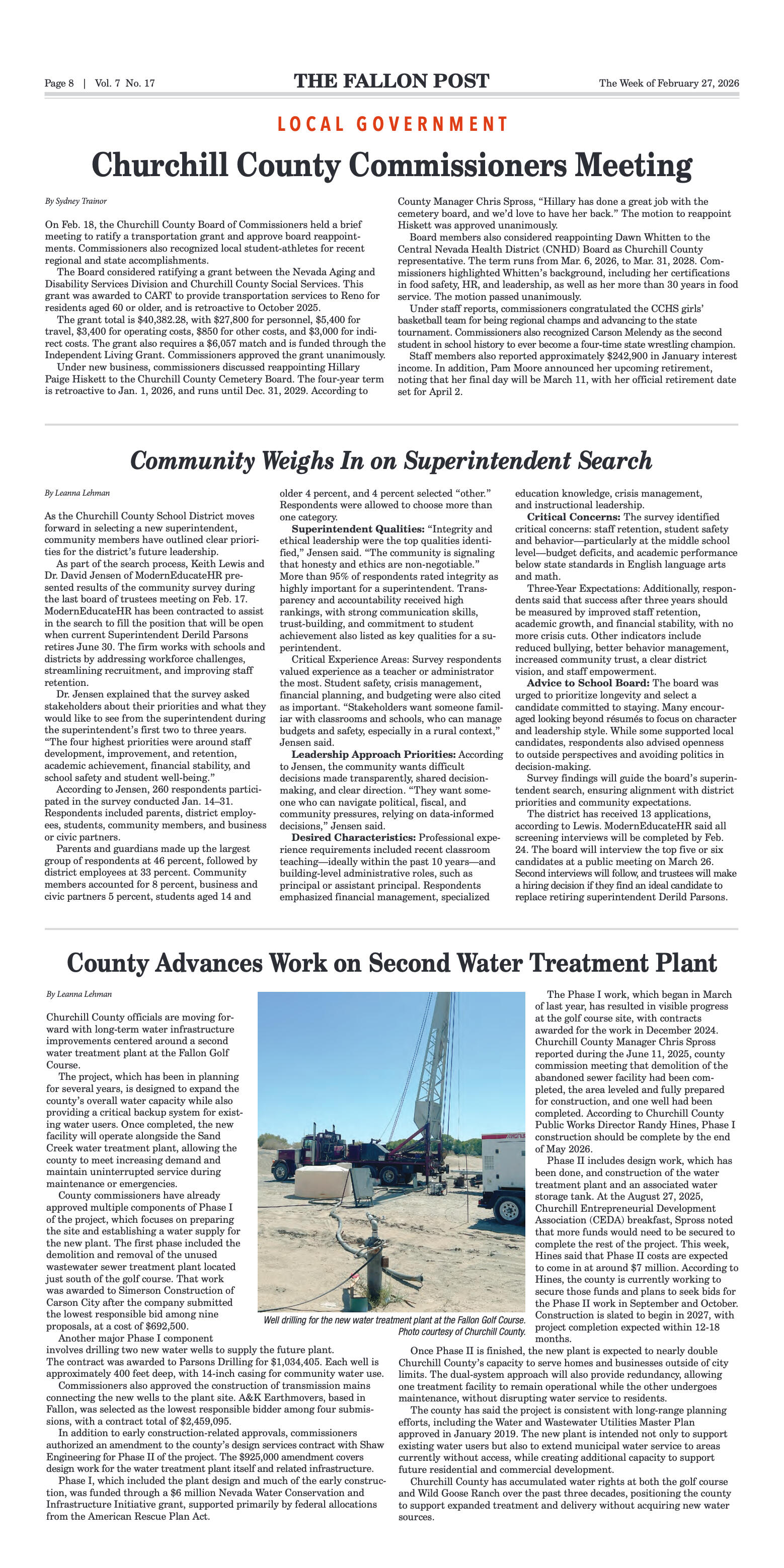
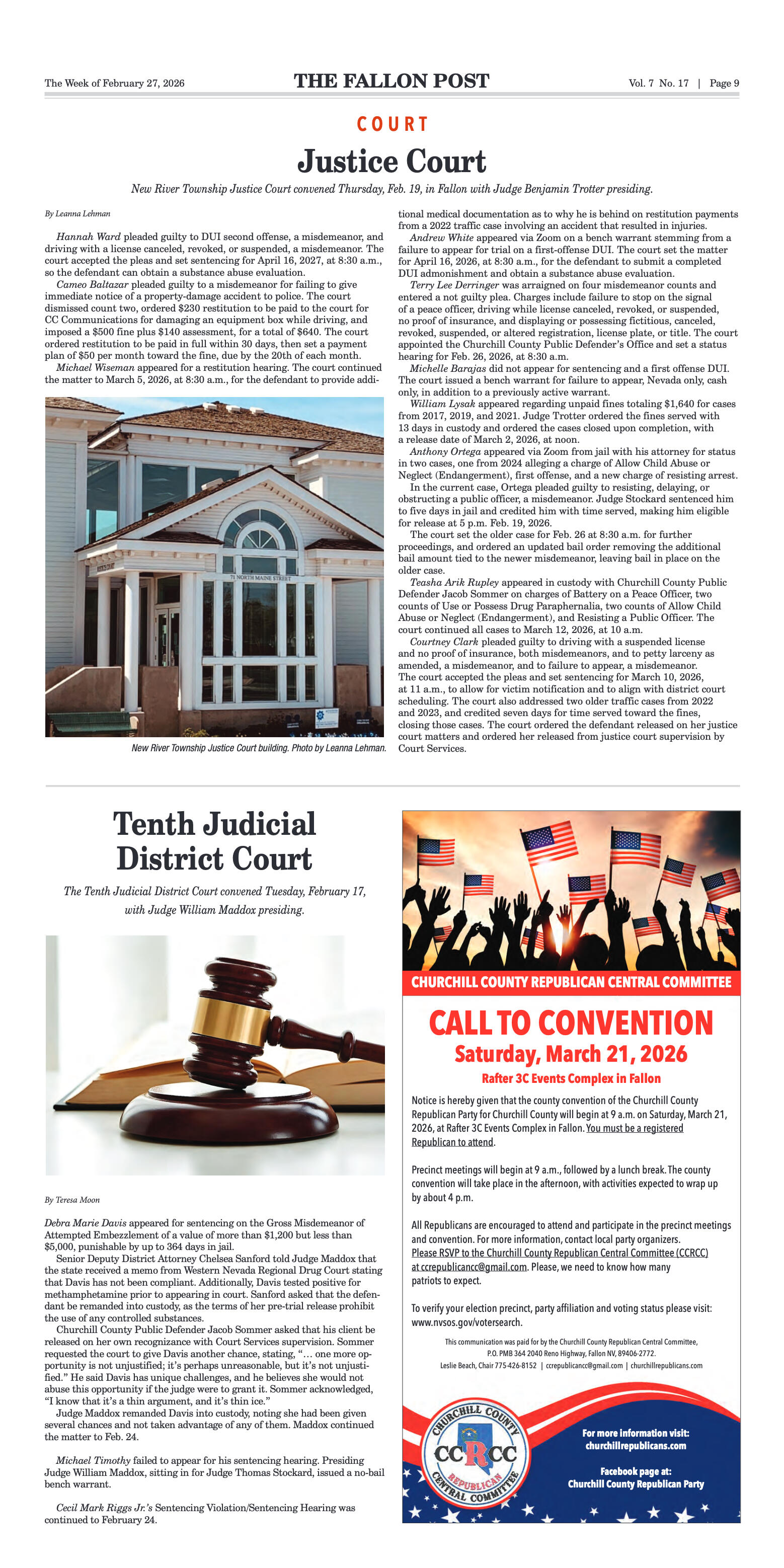
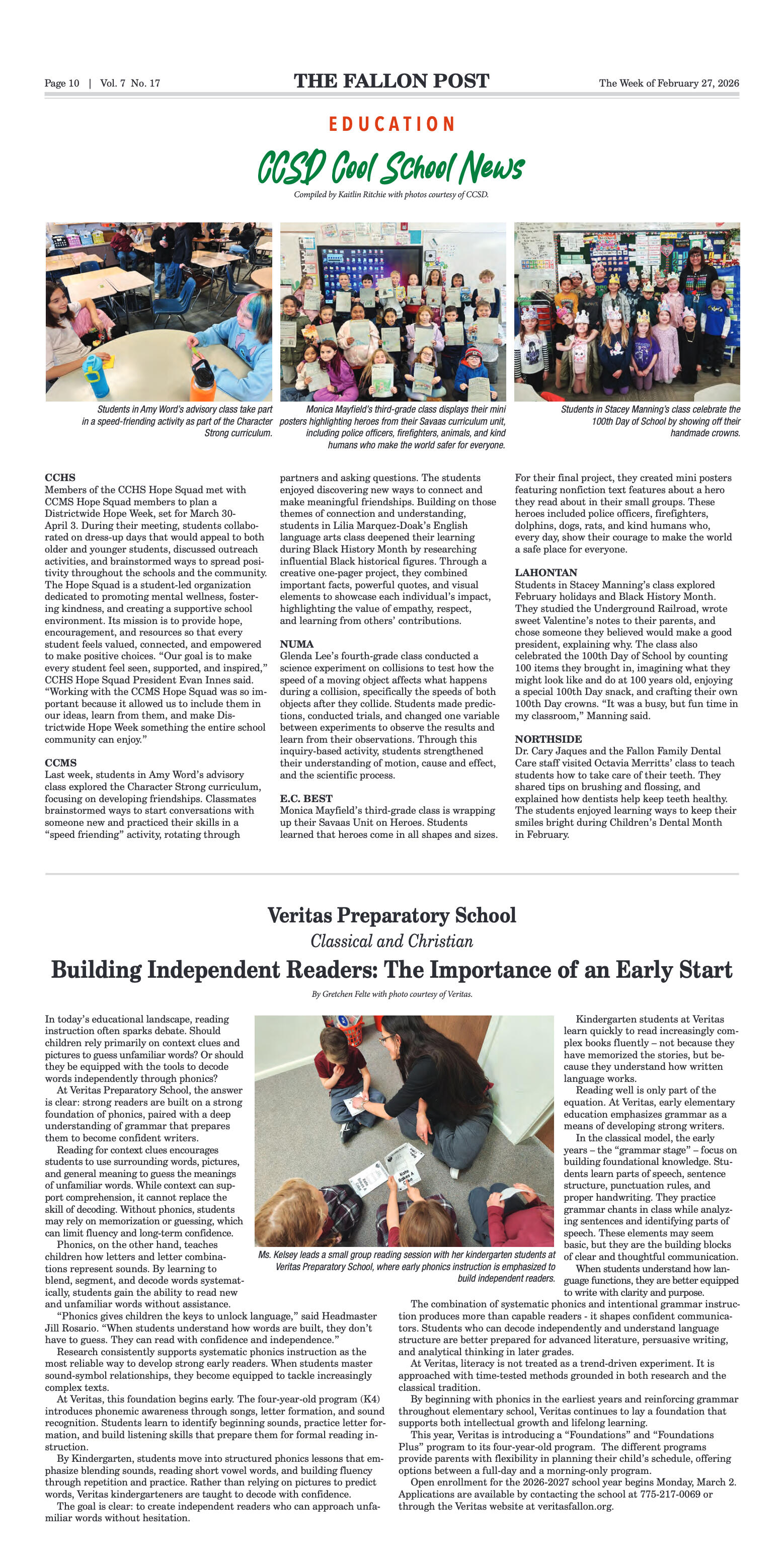
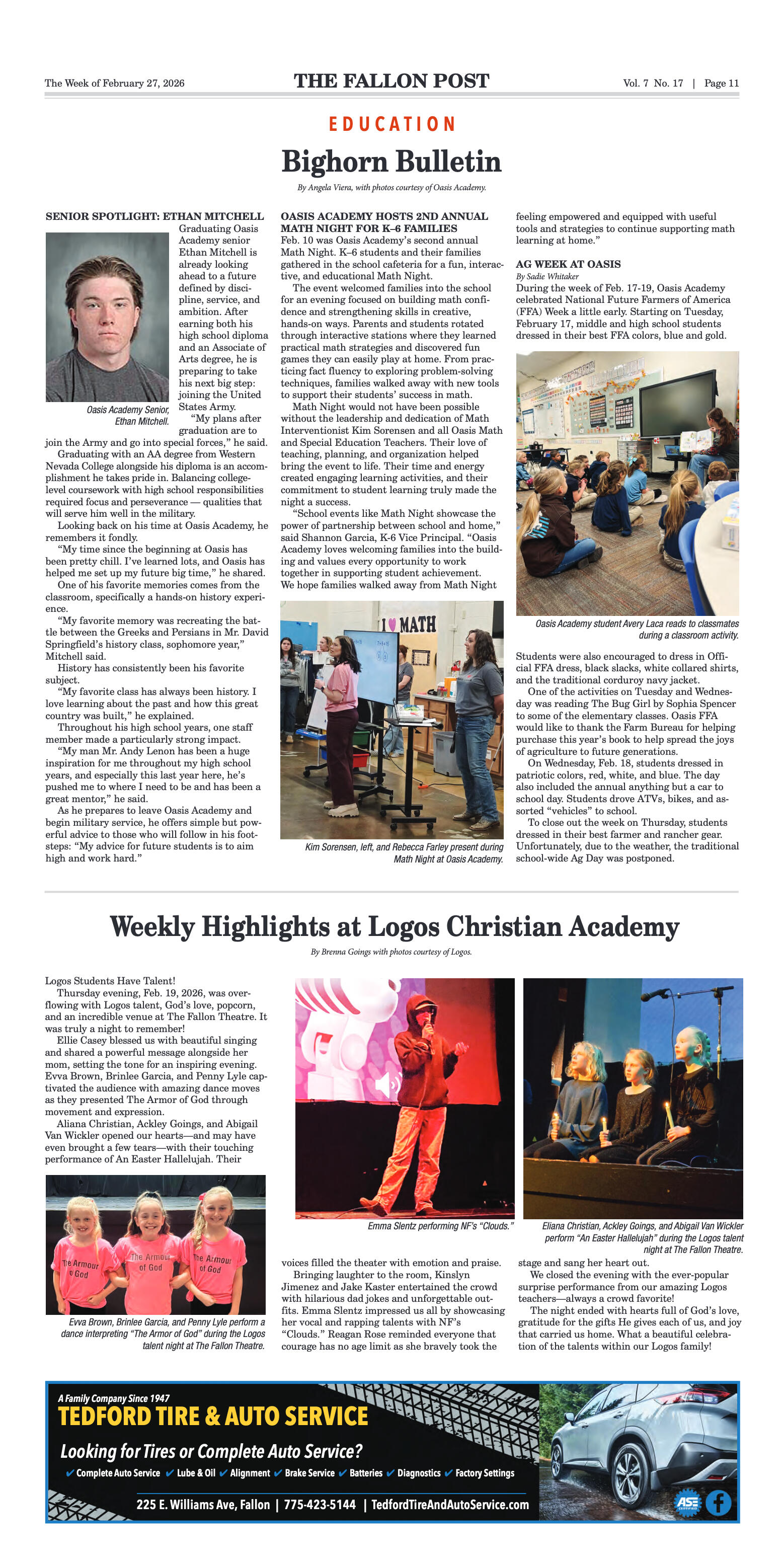
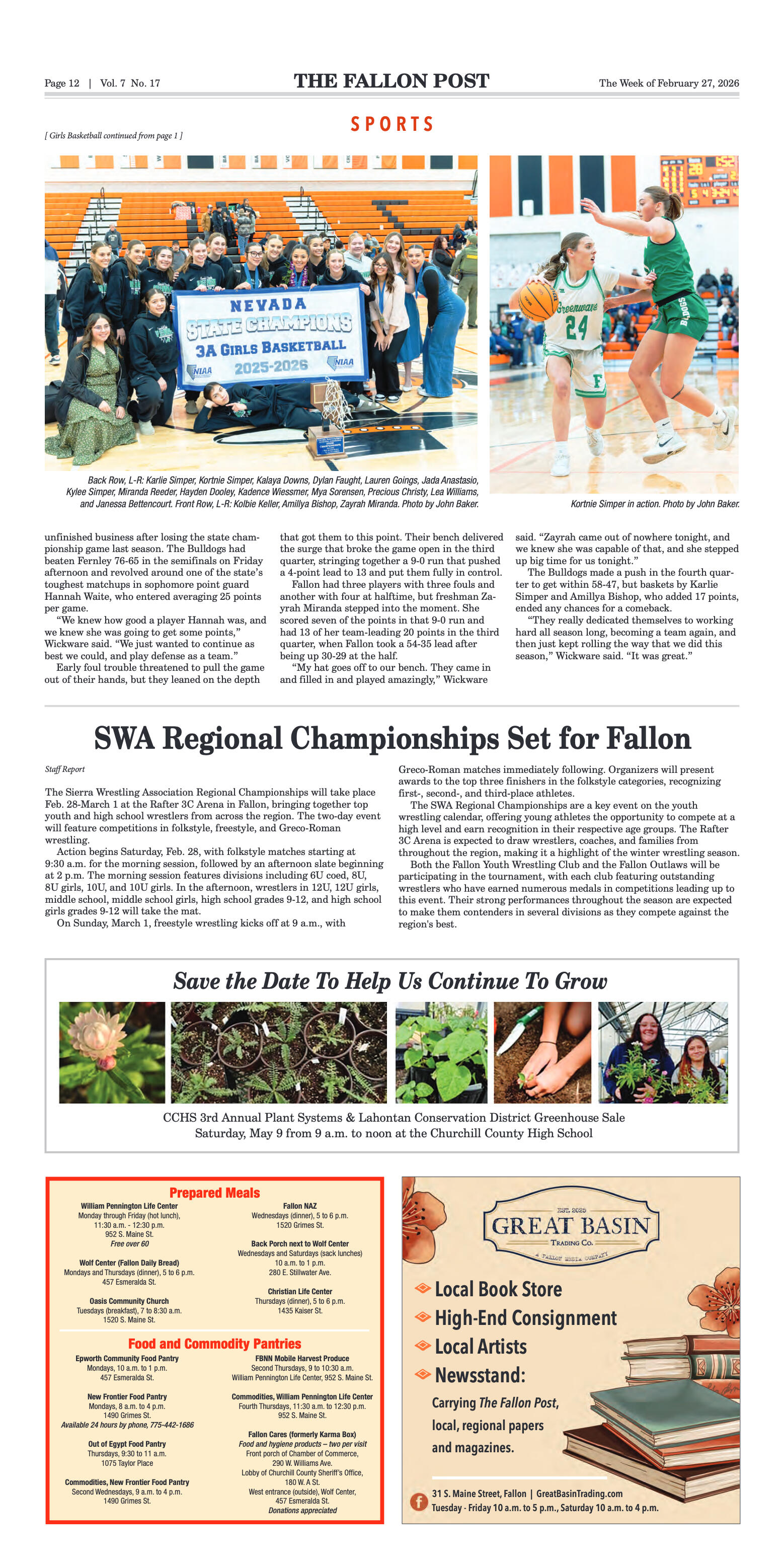
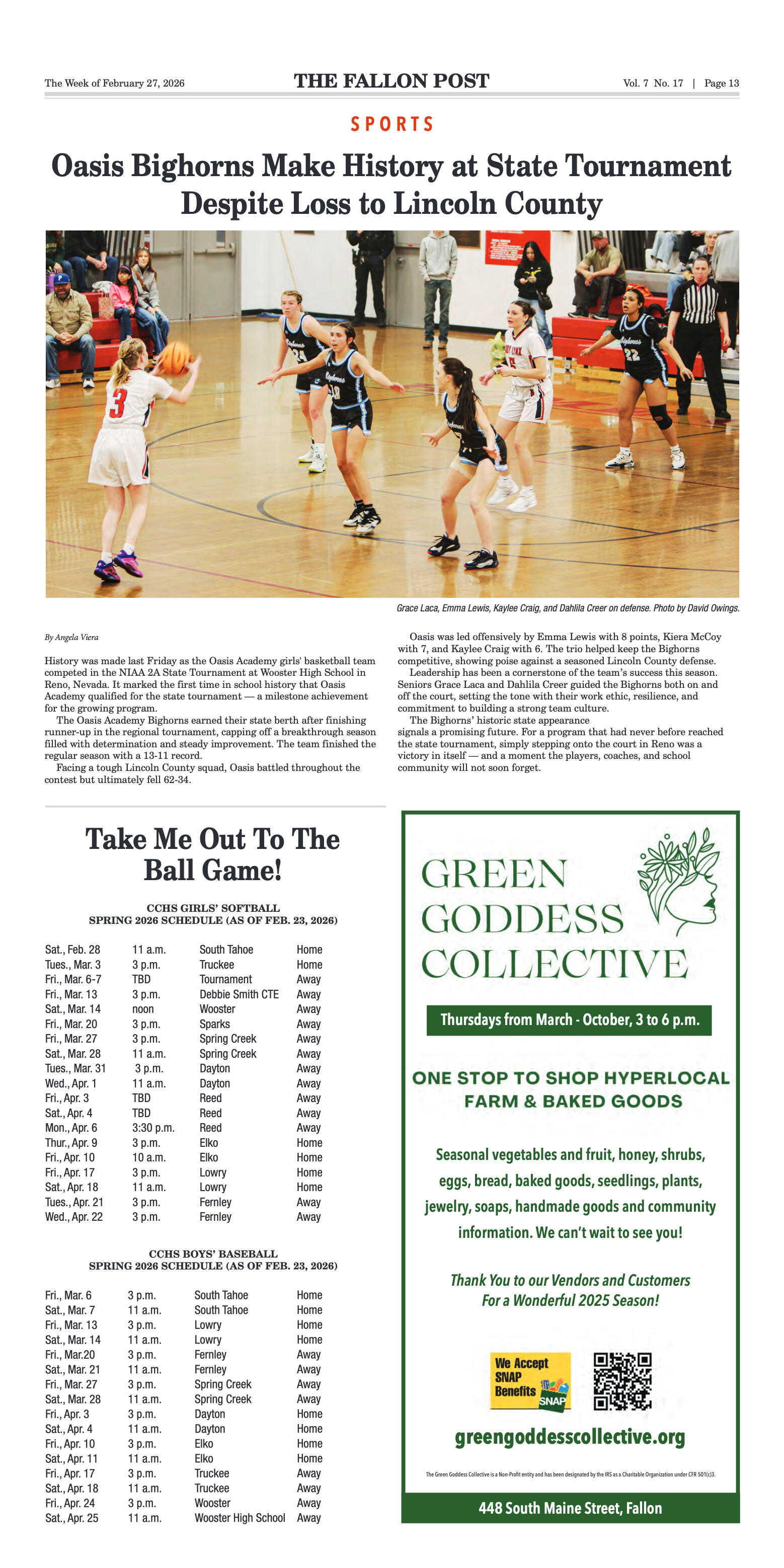
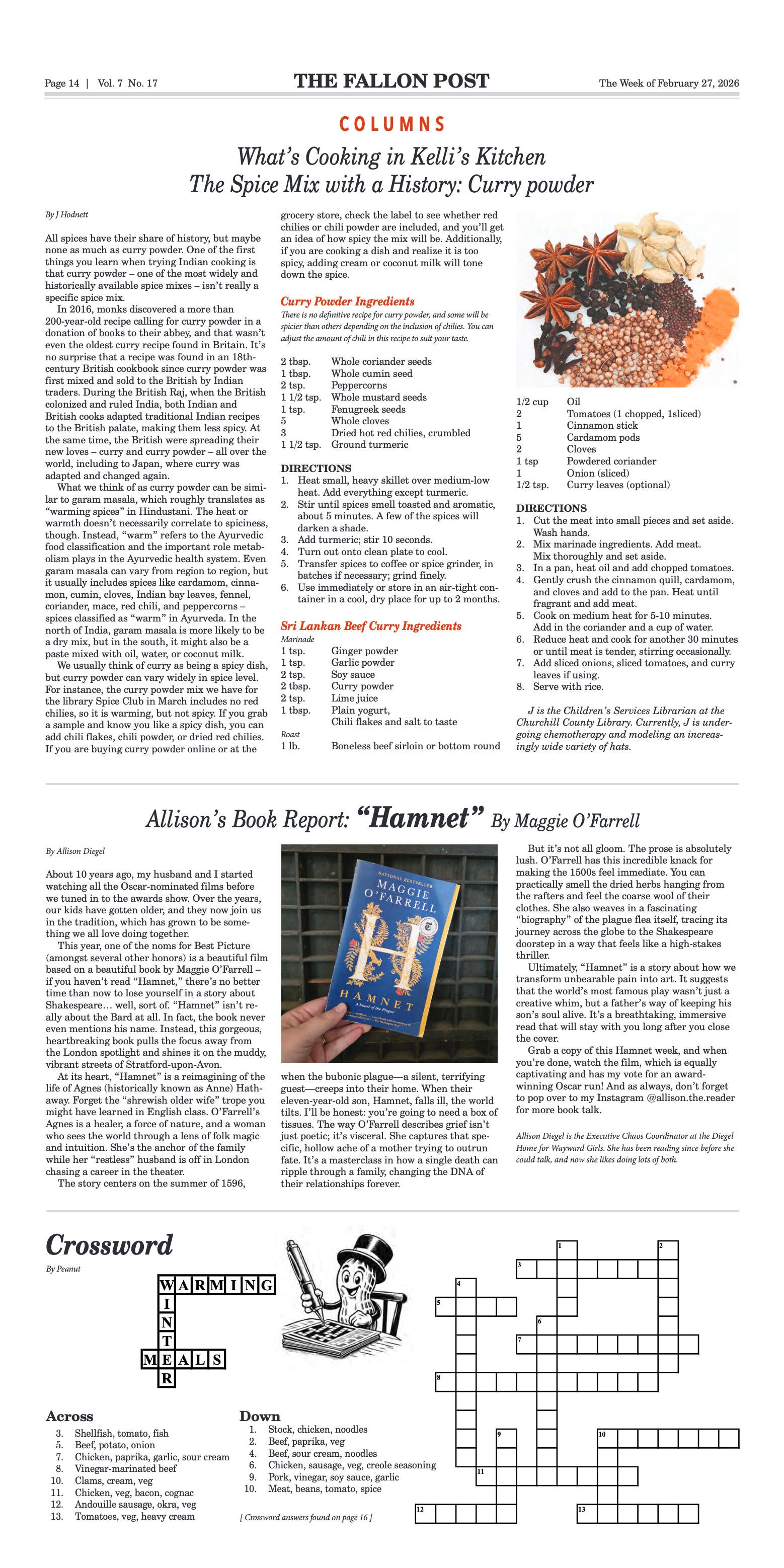
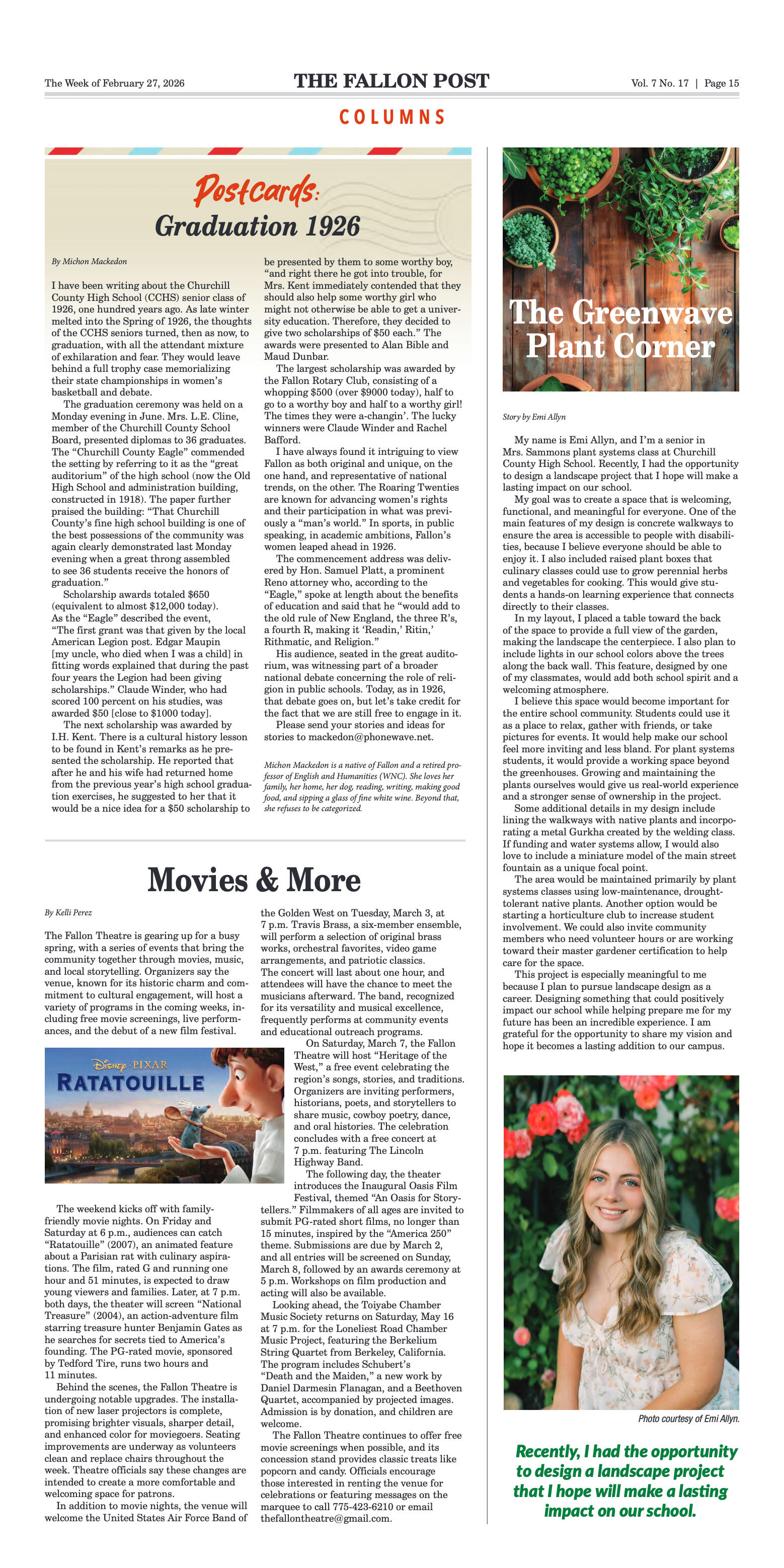
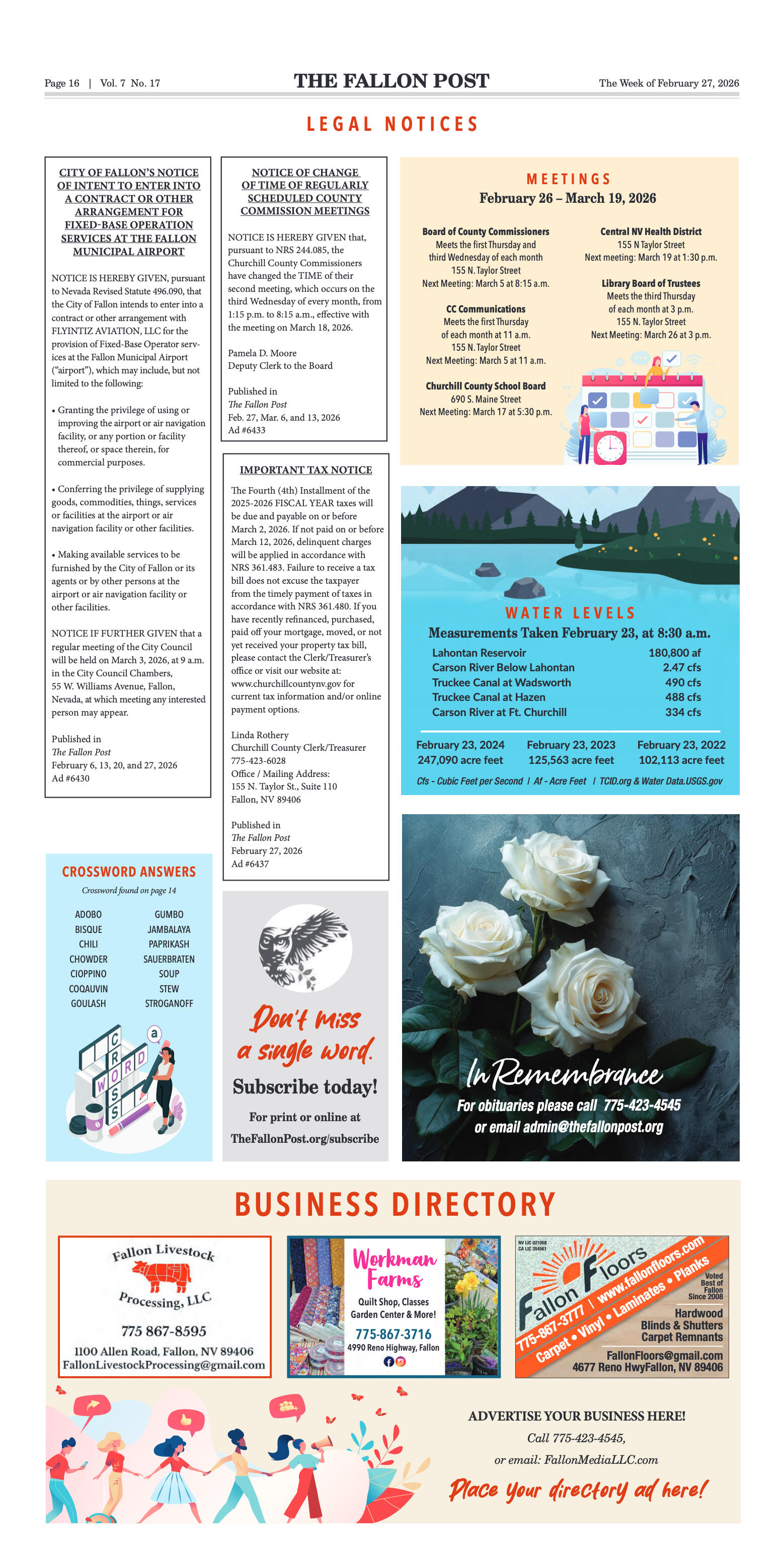


























Comment
Comments